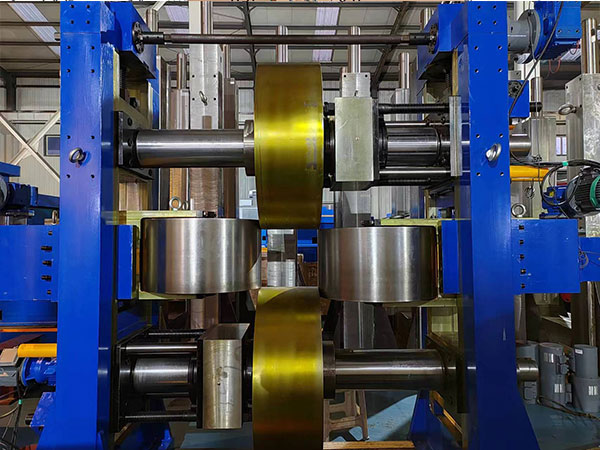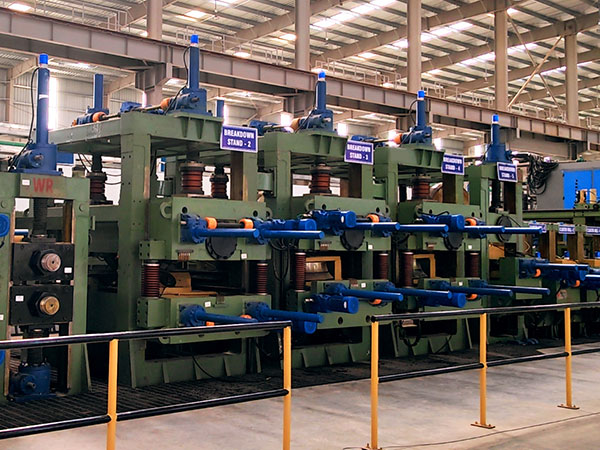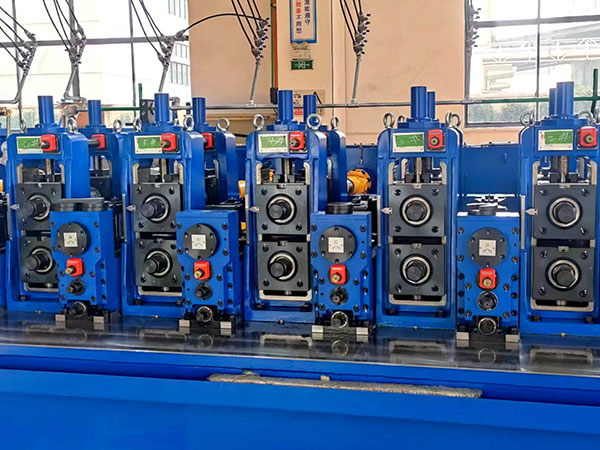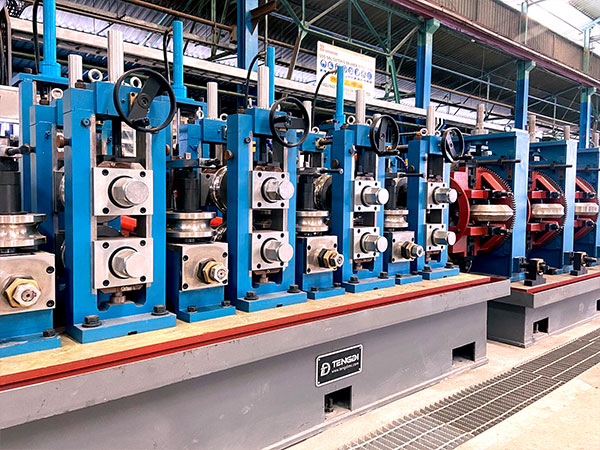What is a Slitting Line and What Industries is It Used In?
You are here: Home>Industry Information>What is a Slitting Line and How Does the Slitting Line Process Work?
Introduction
Slitting lines are essential machinery in the manufacturing sector, designed to cut wide coils of material into narrower strips. This process plays a crucial role in industries where precision and efficiency are paramount, making slitting lines vital for meeting production demands.
What is a Slitting Line?
A slitting line is a specialized system that converts large rolls of metal or other materials into narrower widths through a process known as slitting. The main components of a slitting line include:
- Uncoiler: Holds and unwinds the original coil.
- Slitting Head: Contains rotary knives that cut the material into desired widths.
- Re-coiler: Winds the newly cut strips into coils for further processing or shipment.
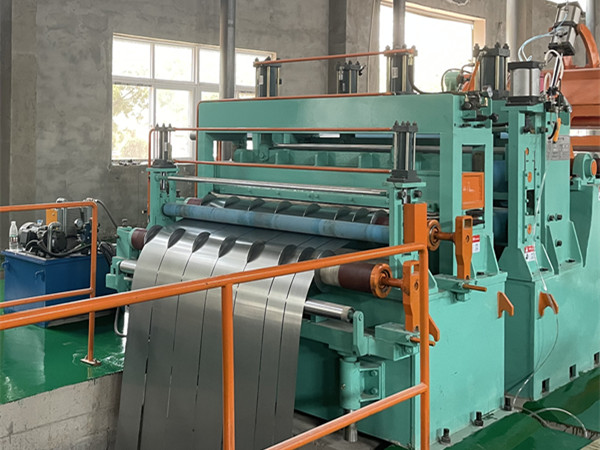
How a Slitting Line Works
The operation of a slitting line begins with the uncoiling of a large coil. The material is fed into the slitting head, where it passes through a series of rotary knives. These knives slice the material into pre-determined widths based on the requirements. After slitting, the narrower strips are wound onto a re-coiler for easy handling and transport. This process ensures uniformity and precision in the final product.
Industries that Use Slitting Lines
Slitting lines are utilized across various industries, including:
- Steel and Metal Processing: For cutting steel coils into specific widths for manufacturing processes.
- Automotive Industry: Where precise metal strips are required for vehicle components.
- Construction and Building Materials: To create materials used in structural applications.
- Electrical and Electronic Industries: For producing components used in appliances and devices.
- Packaging Industry: To manufacture packaging materials that require specific dimensions.
Advantages of Using Slitting Lines
Using slitting lines offers several benefits:
- Efficiency in Production: High-speed processing allows for large volumes to be cut quickly.
- Cost-effectiveness: Reduces material waste by ensuring precise cuts.
- Customization Options: Slitting lines can be tailored to meet specific material and width requirements.
Choosing the Right Slitting Line
When selecting a slitting line, consider factors such as:
- Capacity: Ensure the line can handle your production needs.
- Material Type: Different materials may require different setups.
- Supplier Expertise: Choose a supplier with experience in the industry to ensure you receive optimal equipment and support.
Conclusion
In conclusion, slitting lines are integral to various manufacturing sectors, providing efficiency, precision, and customization. If you’re interested in learning more about slitting lines or how they can enhance your production processes, please contact us for further information.
Products
- 457mm FFX ERW Tube Mill
- 34mm*6.5mm Pipe Mill
- Roller Quick Change System Tube Mill
- Large Diameter Direct Forming Square Tube Mill
- TD 38 Tube Mill(12-38mm)
- TD 50 Tube Mill(25-63mm)
- TD 76 Tube Mill(32-89mm)
- TD 114 Tube Mill(42-119mm)
- TD 127 Tube Mill(42-127mm)
- TD 219 Tube MIll(89-219mm)
- TD 273 Tube MIll(114-273mm)
- TD 325 Tube MIll(127-325mm)
- Slitting Line
- Cut to Length Line
- Cold Roll Forming Machine
Related Products
